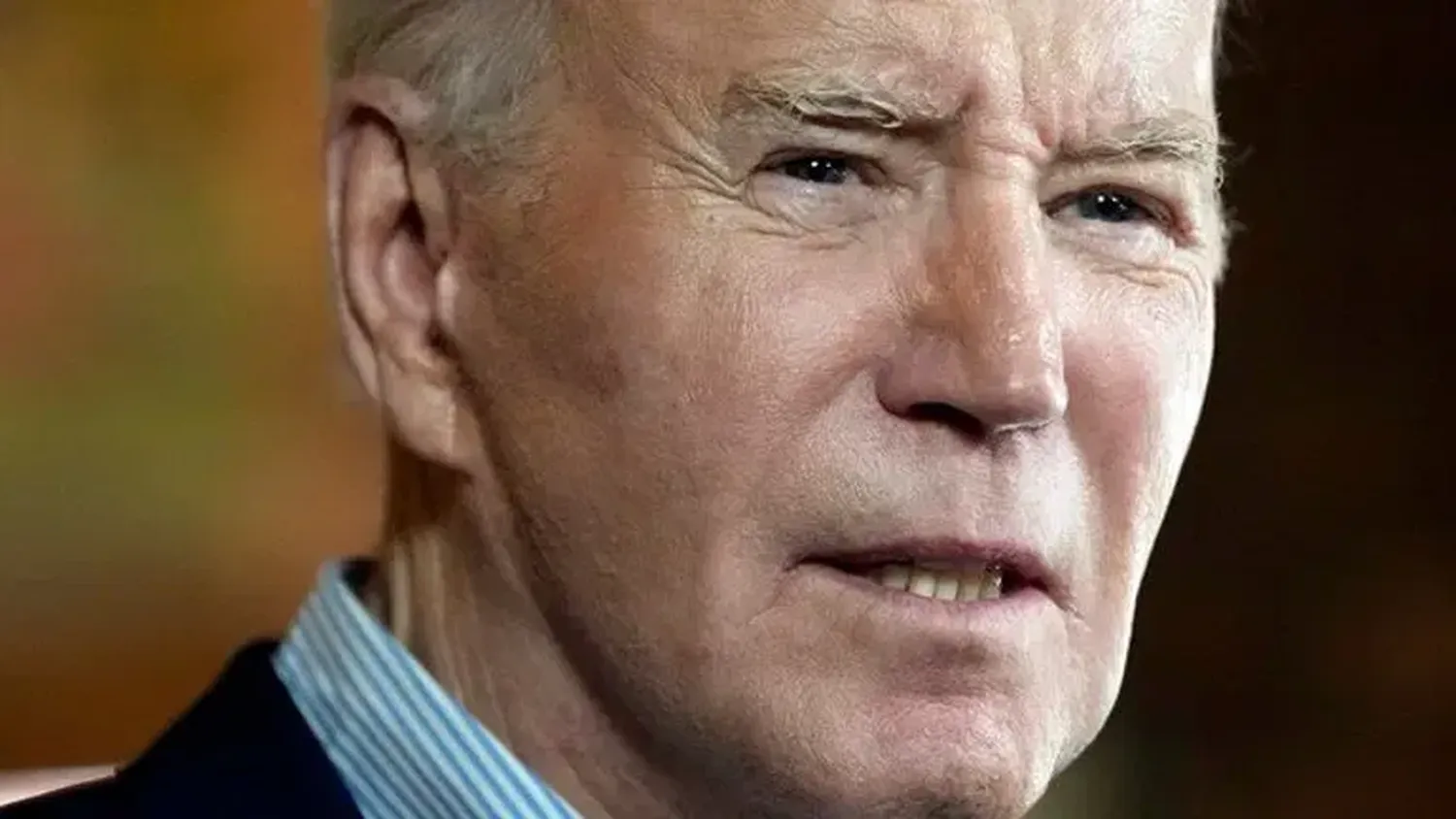Easter 2024
Biden's 'Transgender Day of Visibility' falling on Easter Sunday
President Joe Biden's recent proclamation designating March 31 as Transgender Day of Visibility has ignited a firestorm of reactions due to the date coinciding with Easter Sunday this year. The announcement has been met with a mix of support and outrage, highlighting the ongoing cultural and political tensions surrounding LGBTQ+ rights and religious observances in the United States.
Transgender Day of Visibility, which has been celebrated annually on March 31 since its inception in 2009, is dedicated to honoring the courage of transgender individuals and raising awareness about the discrimination they face. The day was founded by Rachel Crandall-Crocker, the executive director of Transgender Michigan, as a positive counterpart to the Transgender Day of Remembrance, which memorializes victims of transphobic violence.
In his proclamation, President Biden stated, "On Transgender Day of Visibility, we honor the extraordinary courage and contributions of transgender Americans and reaffirm our Nation’s commitment to forming a more perfect Union — where all people are created equal and treated equally throughout their lives." He also emphasized his administration's support for the LGBTQ+ community, citing the appointment of transgender leaders and the signing of executive orders to strengthen civil rights protections.
However, the overlap of Transgender Day of Visibility with Easter Sunday, one of the most significant days in the Christian calendar commemorating the resurrection of Jesus Christ, has led to a contentious debate. Some conservative commentators and political figures have accused the president of undermining the religious significance of Easter. Social media platforms have been abuzz with criticism, with some users claiming that the proclamation is a direct assault on Christianity and an intentional disregard for religious traditions.
In contrast, a number of liberal churches and LGBTQ+ organizations have embraced the coincidence, with some churches planning to incorporate transgender themes into their Easter celebrations. These congregations view the overlap as an opportunity to highlight the message of rebirth and renewal that both Easter and Transgender Day of Visibility share.
The White House has clarified that the date for Transgender Day of Visibility was not chosen by the Biden administration but has been established for over a decade. Moreover, Easter's date varies each year, falling on the first Sunday after the full moon following the spring equinox, which can occur between March 22 and April 25.
Despite the controversy, President Biden, who is Catholic, has been vocal about his commitment to LGBTQ+ rights throughout his presidency. He has taken several steps to support the community, including lifting the ban on transgender individuals serving in the military and signing the Respect for Marriage Act into law. The president has also called on Congress to pass the Equality Act, which would provide comprehensive civil rights protections for LGBTQ+ Americans.
The debate surrounding the proclamation underscores the broader cultural divide in the United States over LGBTQ+ rights and religious freedoms. While some view the administration's support for Transgender Day of Visibility as a necessary step toward equality and inclusion, others see it as a challenge to traditional values and religious observances.
As the nation grapples with these complex issues, the conversation around Transgender Day of Visibility and Easter Sunday reflects the ongoing struggle to balance diverse perspectives and ensure that all Americans feel recognized and respected.

